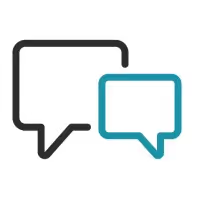What is AI sales enablement?
AI sales enablement uses artificial intelligence to help sales teams find leads, personalize outreach, and close deals faster.
What can AI sales enablement do?
It automates lead scoring, suggests next best actions, creates personalized content, and helps track customer interactions.
How does AI sales enablement work?
It analyzes data from CRM and communications, then uses AI models to provide insights and action recommendations.
Is AI sales enablement easy to set up?
Yes, most tools offer quick integrations with popular CRMs and email platforms, requiring minimal technical skills.
Is AI sales enablement free?
Some tools offer free trials or limited free plans, but full features typically require a paid subscription.
What is the common AI sales enablement pricing?
Prices usually range from $30 to $100 per user per month, depending on features and usage.
What are the types of AI sales enablement?
Common types include lead scoring, email personalization, content generation, and sales forecasting tools.
Does AI sales enablement work with email?
Yes, it often integrates with email to automate outreach, track opens, and personalize messages.
What are the best AI sales enablement tools?
Top tools include Outreach, SalesLoft, Gong, Chorus, and HubSpot Sales Hub.
What are common AI sales enablement integrations?
Integrations usually include CRM systems, email platforms, calendar apps, and communication tools like Slack.


















































